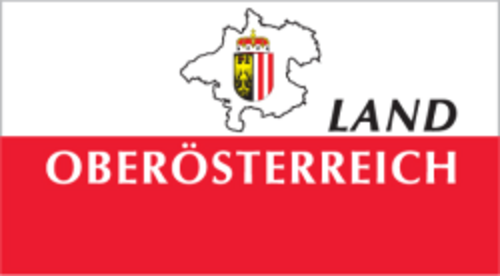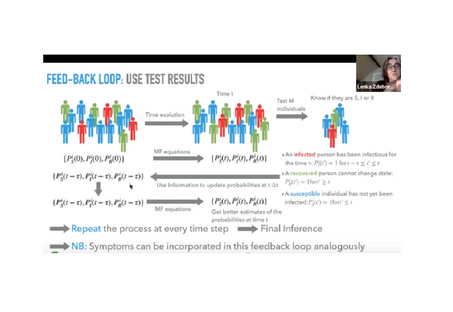Our three pillars are Machine Learning, Logical Reasoning, and Computational Perception
Managed by Prof. Sepp Hochreiter, the LIT AI Lab was created as a permanent research center at the Linz Institute of Technology (LIT). The unique environment at the Johannes Kepler University (JKU) Linz is an opportunity for the LIT AI Lab to pool the JKU’s world-class expertise in artificial intelligence (AI) to shape and advance AI research and its industrial applications.
The LIT Lab is committed to scientific excellence. We focus on theoretical and experimental research in machine learning, logical reasoning, and computational perception. We are educating the next generation of AI researchers and engineers in AI technology at various academic levels.
“Artificial Intelligence (AI) is the part of computer science concerned with designing intelligent computer systems, that is, systems that exhibit characteristics we associate with intelligence in human behaviour – understanding language, learning, reasoning, solving problems, and so on.”
(Barr & Feigenbaum, 1981)
LIT AI Lab
Location
Computer Science Building, Room S0309
Address
Johannes Kepler University Linz
Altenberger Straße 69
A-4040 Linz/Austria
Phone
+43 732 2468 9390

For decades, Volkshilfe has been a pivotal institution in Austria's socio-political landscape, providing people with support during difficult times and in particularly vulnerable life circumstances. Faced with an ever more apparent increase in inequality as a result of the climate crisis, the Volkshilfe is now turning its attention to socio-ecological issues.
Together with Diana Tran Nhat and Timm Teubner (Technical University Berlin), Laura Thäter recently published an article titled "The Duality of Reputation Portability: Investigating the Demand Effect of Imported Ratings Across Online Labor Markets" in the journal Electronic Markets.
The paper investigates the impact of reputation portability on demand across online labor markets, particularly as to how introducing reputation portability affects the demand for workers and influences imported ratings on the demand. The findings suggest that while imported ratings stimulate demand, their effect is lower compared to on-site ratings, raising concerns about potential unintended consequences, particularly favoring workers who have high rating volumes.
The article is part of a special issue about social welfare computing and is openly available (open access).

This online workshop will present projects on how to tackle Covid-19 using methods of machine learning and AI.

On Failure Modes of Molecule Generators and Optimizers by Philipp Renz, Dries Van Rompaey, Jörg Kurt Wegner, Sepp Hochreiter, Günter Klambauer.